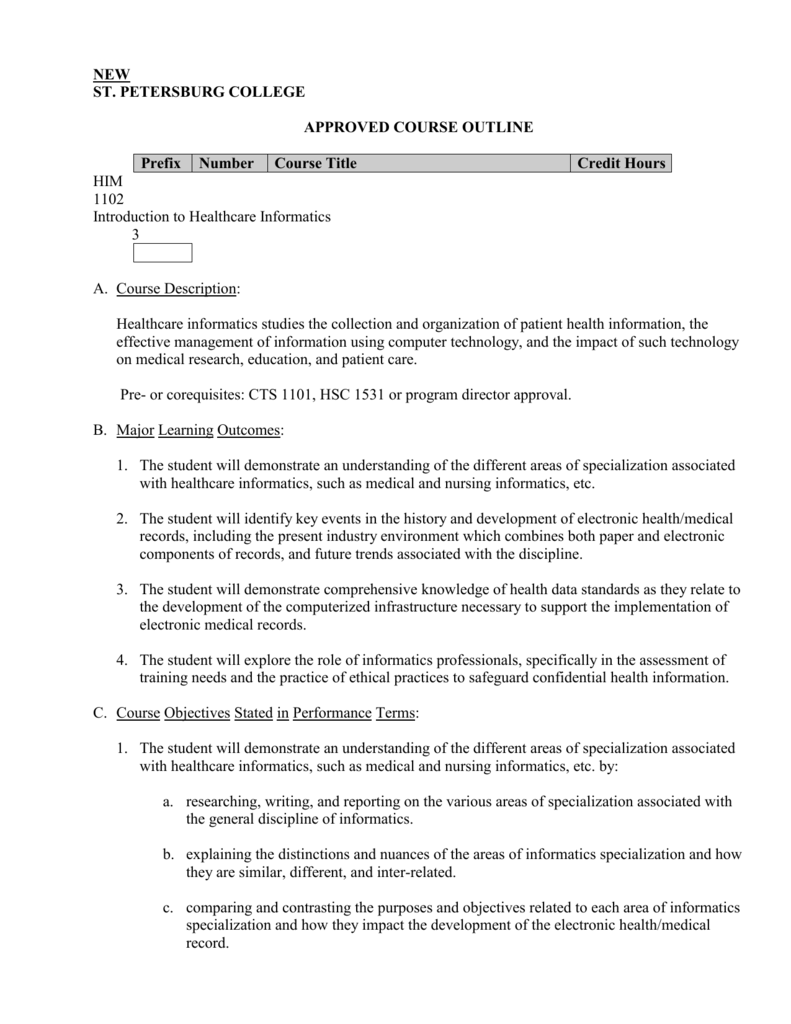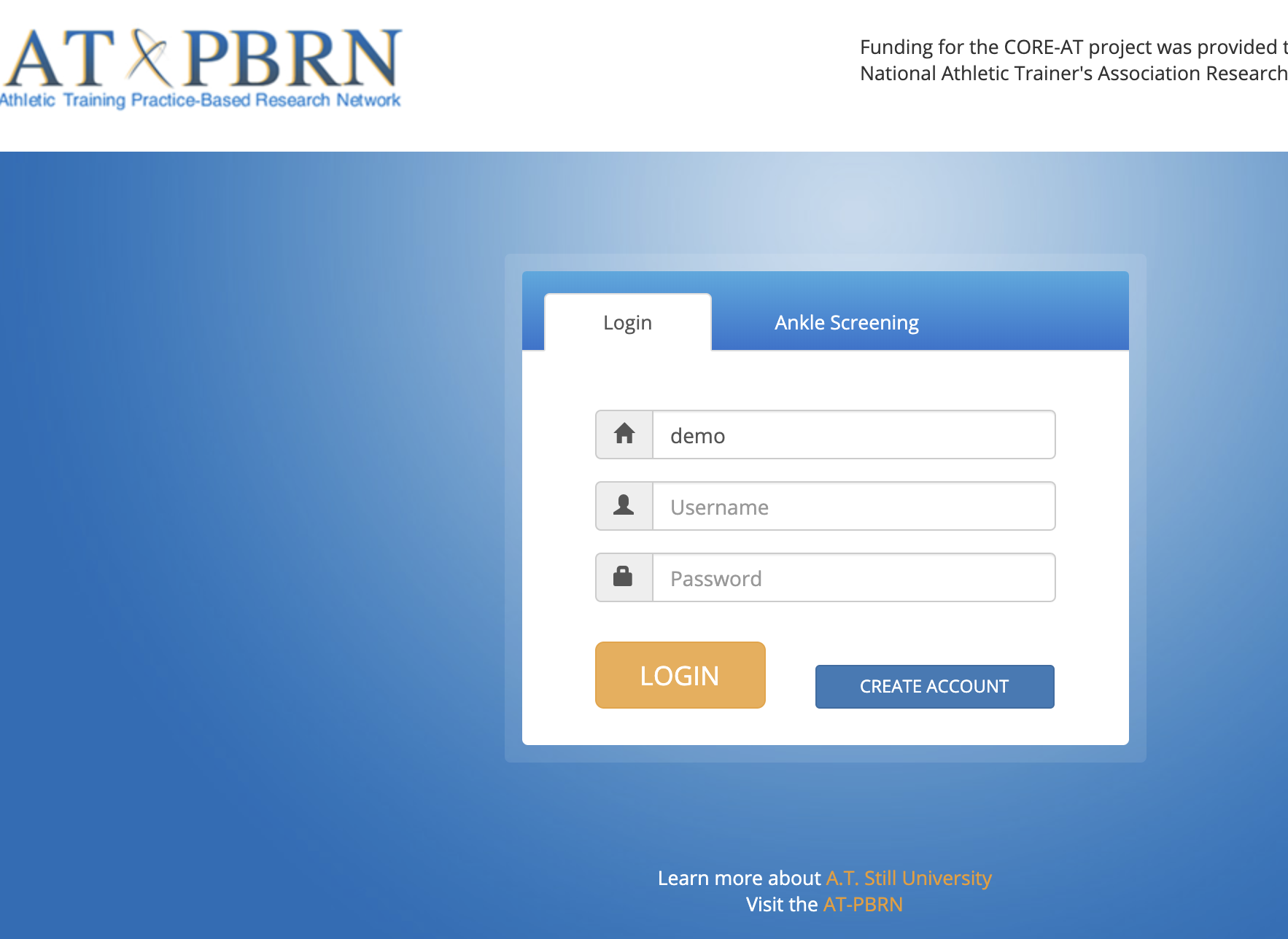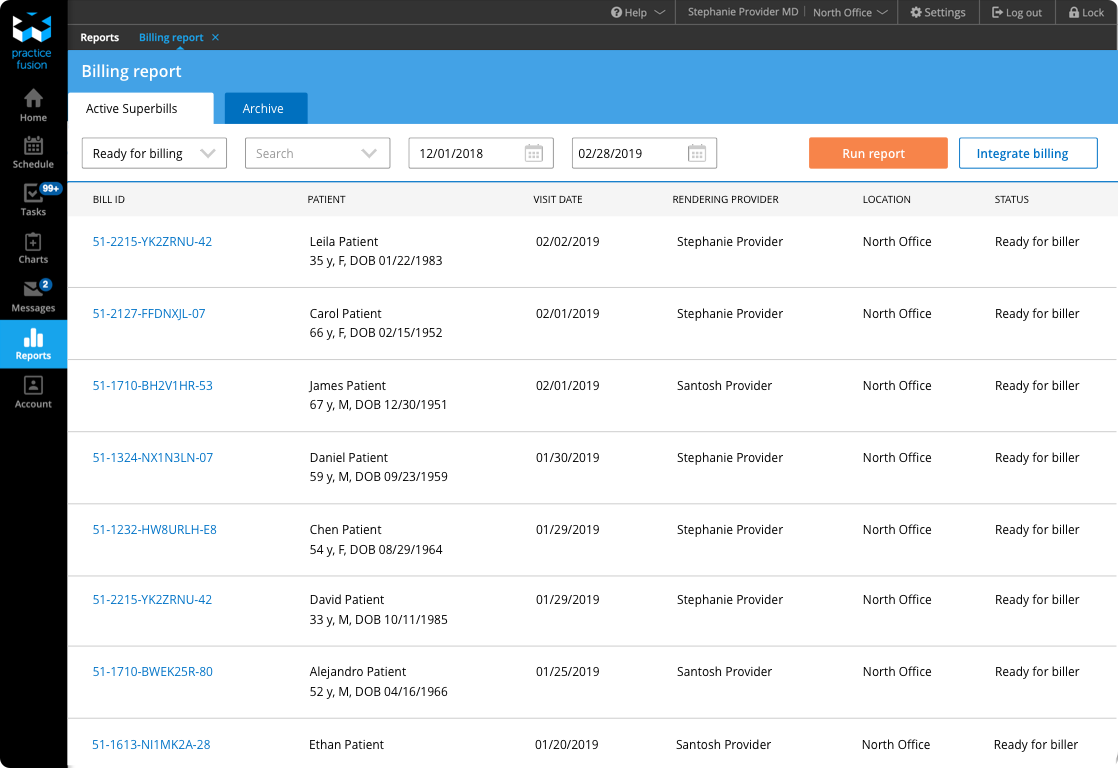

That’s not surprising given that 77 percent of U.S. One of the first rules of content marketing is that you must identify where your targeted consumers gather and reach them on those platforms, i.e. Mobility is the name of the game, and recent statistics show that more than 50% of all web browsing in the world occurs on mobile devices as of 2018 (to be exact, 52%). People have simply become far more mobile in the past decade. The healthcare industry is entering the era of digital innovation, as patients seek on-demand healthcare because of their busy schedules. Mobile is especially important when considering content marketing.

When you think of ‘on-demand,’ you think of consumers who want things at their own convenience, on their own time, and wherever they happen to be. Here’s a better look at the state of digital transformation in healthcare in 2022: 1) The rise of on-demand healthcare (why patients want healthcare on their own schedule) Doctors, on the other hand, can streamline their workflows using artificial intelligence-powered systems.ĪI & Emerging Tech Drive growth with intelligent solutions Thanks to technology, patients get better treatment with virtual reality tools, wearable medical devices, telehealth, and 5G mobile technology. There’s still time for you to get well-versed in digital technology and use it to bring in more business. But in order to transform your standard practice into a thriving, digital machine in 2022, you first need a comprehensive picture of the modern healthcare landscape.


healthcare market is enormous with the national health spending projected to reach $5.7 trillion by 2026. In fact, in a recent survey, only seven percent of healthcare and pharmaceutical companies said they had gone digital, compared to 15 percent of companies in other industries.ĭespite that, the U.S. Unfortunately, the healthcare and pharmaceutical industries have lagged behind when it comes to implementing digital strategies. Innovation is the name of the game here, with the main goal of streamlining physicians’ work, optimizing systems, improving patient outcomes, reducing human error, and lowering costs through amazing web and mobile experiences. Here's why: Telemedicine, artificial intelligence (AI)-enabled medical devices, and blockchain electronic health records are just a few concrete examples of digital transformation in healthcare which are completely reshaping how we interact with health professionals, how our data is shared among providers and how decisions are made about our treatment plans and health outcomes. One of our consultants will get back to you within 24 hours.ĭigital transformation in healthcare is the positive impact of technology in healthcare.


 0 kommentar(er)
0 kommentar(er)
